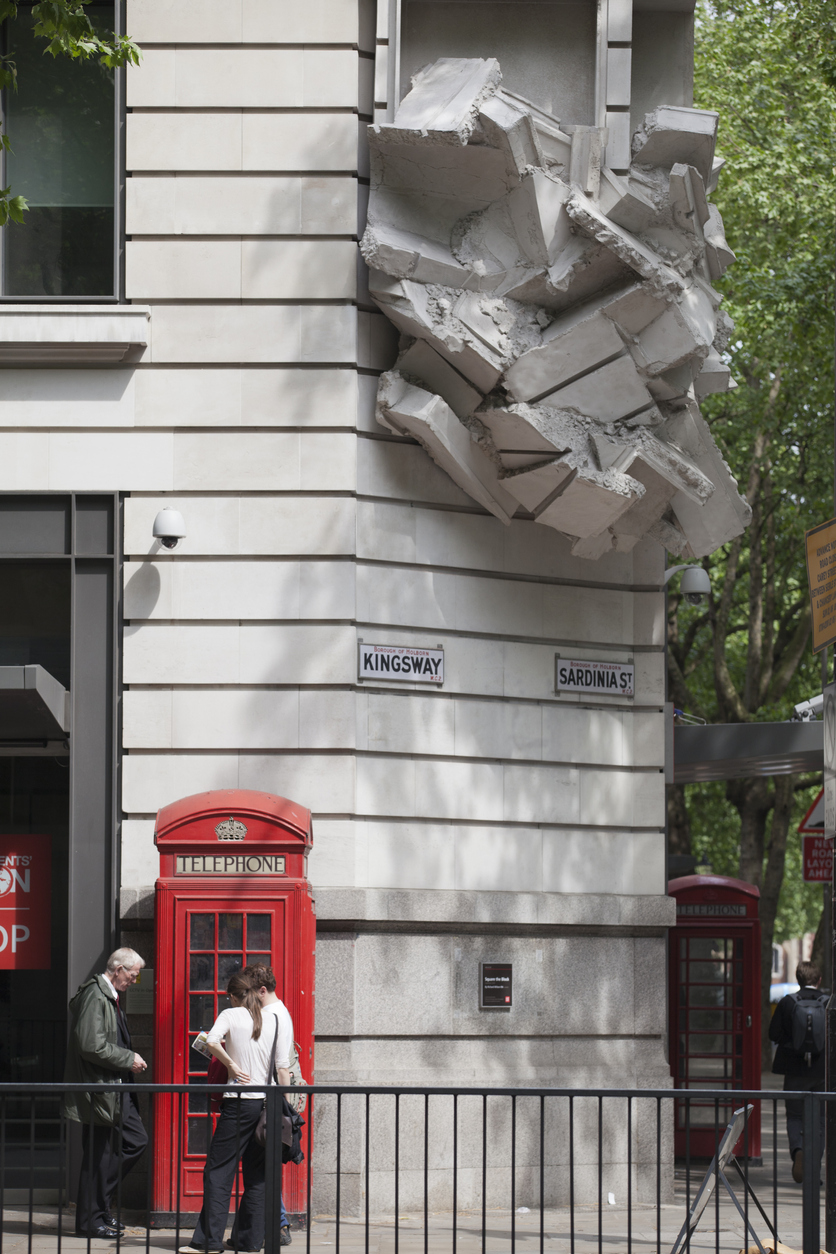Dan Veroff and Victor Jacobellis are attorneys at the Merlin Law Group, based in our San Francisco office. Last week, they conducted a continuing education webinar sponsored by a program through the University of California. The webinar was titled “Nuts & Bolts of Property Insurance.” I will be sharing some of the insights from this webinar in two separate blog posts. The first will cover property insurance in general, while the second will delve into the responsibilities of insurance agents and brokers, as well as policy procurement.
California’s property insurance law is stringently regulated. In comparison to other states, California boasts a higher number of statutes and regulations. For instance, the California Insurance Code clearly defines terms such as “replacement cost,” “actual cash value,” and also provides guidelines for “depreciation.”
Replacement Cost
Insurance Code section 2051.5(a) – Under an open policy that requires payment of the replacement cost for a loss, the measure of indemnity is the amount that it would cost the insured to repair, rebuild, or replace the thing lost or injured, without a deduction for physical depreciation, or the policy limit, whichever is less. If the policy requires the insured to repair, rebuild, or replace the damaged property in order to collect the full replacement cost, the insurer shall pay the actual cash value of the damaged property, as defined in Section 2051, until the damaged property is repaired, rebuilt, or replaced . . .
Actual Cash Value
Insurance Code section 2051(b) – Under an open policy that requires payment of actual cash value, the measure of the actual cash value recovery, in whole or partial settlement of the claim, for either a total or partial loss to the structure or its contents, shall be the amount it would cost the insured to repair, rebuild, or replace the thing lost or injured less a fair and reasonable deduction for physical depreciation based upon its condition at the time of the injury or the policy limit, whichever is less . . .
Depreciation
Insurance Code section 2051(b) . . . A deduction for physical depreciation shall apply only to components of a structure that are normally subject to repair and replacement during the useful life of that structure.
10 CCR 2695.9(f) Any adjustments for betterment or depreciation shall reflect a measurable difference in market value attributable to the condition and age of the property and apply only to property normally subject to repair and replacement during the useful life of the property . . . Except for the intrinsic labor costs that are included in the cost of manufactured materials or goods, the expense of labor necessary to repair, rebuild or replace covered property is not a component of physical depreciation and shall not be subject to depreciation or betterment.
California has statutory minimums that require policies to at least satisfy the “Standard Form” policy. The Standard Form policy has provisions which apply to:
- Fire and Lightning
- Actual Cash Value
- Proof of Loss
- Cooperation (exhibit damage, mitigate losses, EUOs)
- Claim-Related Documents and Adjuster Reports
- Appraisal
- Suit Limitations
- Subrogation
Rules regarding the burden to prove coverage under insurance policies in California are fairly common to most other states:
- The policyholder has the burden to prove its claim falls within the scope of the policy’s insuring clause.1
- “[I]n an action upon an all-risks policy … (unlike a specific peril policy), the insured does not have to prove that the peril proximately causing his loss was covered by the policy . . . The insurer, though, since it is denying liability upon the policy, must prove the policy’s noncoverage of the insured’s loss.”2
- Policy exclusions are strictly construed; exceptions to exclusions are broadly construed in favor of the insured.
Ambiguity of insurance policies has the following rules:
- If the language can be reasonably interpreted both in favor of and against coverage, the insured’s reasonable expectations control.
- If that does not work, it is construed against the drafter, i.e., the insurer.3
I wish all states had the following regulation regarding repairs, although most adjusters will agree to the same:
10 CCR 2695.9(a)(1)
(a) When a residential or commercial property insurance policy provides for the adjustment and settlement of first party losses based on replacement cost, the following standards apply:
(1) When a loss requires repair or replacement of an item or part, any consequential physical damage incurred in making the repair or replacement not otherwise excluded by the policy shall be included in the loss. The insured shall not have to pay for depreciation nor any other cost except for the applicable deductible.
California has a matching regulation:
10 CCR 2695.9(a)(1)
(a) When a residential or commercial property insurance policy provides for the adjustment and settlement of first party losses based on replacement cost, the following standards apply:
(1) When a loss requires repair or replacement of an item or part, any consequential physical damage incurred in making the repair or replacement not otherwise excluded by the policy shall be included in the loss. The insured shall not have to pay for depreciation nor any other cost except for the applicable deductible.
Denial:
An insurer must state in writing all legal and factual bases for denying a first party claim.4
Appraisal:
- ‘The function of appraisers is to determine the amount of damage resulting to various items submitted for their consideration. It is certainly not their function to resolve questions of coverage and interpret provisions of the policy.’ . . . ‘[T]he panel is not required to assign a value to every item submitted to it for appraisal,’ but the “appraisal panel may assign a value to items as to which coverage is disputed with the disclaimer that the award does not establish coverage or the insurer’s liability to pay. The issue of whether the loss is covered under the policy is a separate, legal issue that must be resolved outside the appraisal process.5
- A property insurance appraisal under a standard form fire insurance policy is limited to assessing the value of damaged property. The appraisers may not consider questions of causation or coverage.6
Statute of limitations
I always tell people to be safe and remember the limitations period can run at one year. If a claim is open and is not going to be resolved within the one-year time from the date of loss, please contact competent insurance counsel long before the one-year anniversary:
- Policy can limit SOL for breach of contract to one year.7
- Begins to run when claim is denied.8
- Delayed until insured could reasonably discover loss.9
- The statute of limitations is equitably tolled from the time the insured gives notice of a claim until the insurer denies coverage.10
A word of caution to all readers of this post: What you read provides a basic overview of California property insurance law. However, the subject is much more intricate than presented here. For each topic discussed, there’s a wealth of further analysis that can be undertaken to provide a more comprehensive understanding of the rules. For a deeper dive into various California insurance topics, you can utilize the search function on this blog.
Policyholders, public adjusters, and restoration contractors often approach me with concerns, remarking, “There ought to be a law or regulation about this because the insurer’s actions seem unjust.” In such instances, I always recommend researching California insurance rules and regulations. They can serve as examples of what might be legislated in other states.
Thought For The Day
San Francisco is the only city I can think of that can survive all the things you people are doing to it and still look beautiful.
—Frank Lloyd Wright
1 Aydin Corp. v. First State Ins. Co., 18 Cal.4th 1183, 1188 (Cal. 1998).
2 Vardanyan v. AMCO Ins. Co., 243 Cal. App. 4th 779, 796 (Cal. App. 2015).
3 AIU Ins. Co. v. Superior Ct., 51 Cal. 3d 807, 822 (Cal. 1990).
4 10 Cal. Code Regs. § 2695.7.
5 Lee v. Cal. Cap. Ins. Co., 237 Cal. App. 4th 1154, 188 Cal. Rptr. 3d 753 (Cal. App. 2015).
6 Kacha v. Allstate Insurance Co., 140 Cal.App.4th 1023, 45 Cal.Rptr.3d 92 (Cal. App. 2006).
7 Cal. Ins. Code § 2071.
8 State Farm Fire & Cas. Co. v. Supreme Court, 210 Cal.App.3d 604, 609 (Cal. App. 1989).
9 Prudential-LMI Comm’l Ins. v. Supreme Court, 51 Cal.3d 674, 687 (Cal. 1990).
10 Forman v. Chicago Title Ins. Co., 32 Cal.App.4th 998, 1003 (Cal. App. 1995).





